Understanding the relationship between substance abuse and academic performance is imperative. Things like high school graduation serve as key milestones for adulthood, but dropout rates, educational attainment, and a series of other negative ramifications can come from situations where young adults find themselves struggling with substance abuse without any school interventions.
One out of five students do not graduate with their diploma within the four-year time frame allotted for high school. Those who do not graduate can face consequences like:
- Higher levels of unemployment
- Reduced earnings even when employed
- Higher chances of receiving public aid
- Higher risk of poor health
- Higher risk of criminal behavior and incarceration
- Intergenerational implications for children
Ocean Coast Recovery is a Huntington Beach drug rehab that serves college students and young adults. Learn more about how we can help by calling our admissions team.
Substance Abuse and Dropout Rates
Research reviewing 12th graders has found that 12th-grade dropouts are more likely to struggle with substance abuse or alcoholism. Not only are they more likely to develop things like alcoholism or drug addiction after they drop out, but addiction can contribute to the risk of dropping out.
- Males have higher dropout rates compared to females
- Higher rates have been found related to alcohol and illegal use of prescription drugs among dropouts
Similar dropout rates prove problematic as students move into college. University-level students are at an even higher risk of alcohol-related issues due in large part to increased availability and eventual legality.
Alcoholism
Some findings indicate that over forty percent of 12th graders who drop out currently consume alcohol compared to the thirty-three percent of 12th graders who remain in school but consume alcohol.
This means that those who drop out are seven percent more likely to struggle with alcoholism, particularly binge drinking.
Drug Abuse
The same findings have revealed that thirty-one percent of 12th graders who drop out have used illegal drugs compared to eighteen of 12th graders who remain in school.
This means that those who drop out are nearly fifteen percent more likely to struggle with substance abuse.
Substance Abuse and Educational Attainment
Educational attainment refers to the level of education that an individual is able to reach. Studies indicate that of the twelfth graders who have used drugs or alcohol:
- They achieved poorer educational attainment
- Had reduced academic performance
- Were truant more often
- Had a lower academic engagement
When younger adults get exposed to drugs or alcohol, it can have serious side effects that all contribute to lower educational attainment, such as the following:
Tardiness
One of the first symptoms of substance abuse is regular tardiness. Things like binge drinking the night before can make it more challenging for students to arrive on time, and it might also disrupt their attitude, such that students don’t bother trying to be on time.
Regular tardiness means regularly missing key information, receiving school punishments, and more.
Poor Attendance
One of the more severe side effects is poor attendance. When students struggle with untreated substance abuse problems, it leads to absenteeism in addition to tardiness. The more students are absent, the more critical information they fail to receive. This can have detrimental impacts on performance and educational attainment.
Less Focus
Side effects from substance abuse can lead to reduced focus. Without as much focus, even if students are present, they are not fully engaged in what they are learning.
Reduced Memory
Drug and alcohol abuse can compromise long-term memory storage while simultaneously impacting short-term memory. This makes it harder for students to recall information to which they were exposed, which impacts test results, the ability to write papers, and complete other school-related work.
How School Interventions Can Help
At a certain point, schools may notice increased tardiness or absenteeism as well as lower academic performance and begin school interventions. These interventions can incorporate family awareness and provide reference material for getting treatment where appropriate.
If someone you love is struggling with substance abuse and academic performance issues, Ocean Coast can provide comprehensive treatment plans specifically for younger adults in need of care. We offer detox and residential treatment plans that extricate those in need from their daily lives, providing a restful and natural setting in which to invest in recovery.
As a luxury facility, we are a five-minute walk from the beach and use that to our advantage. Offering treatment for younger individuals, our focus integrates semi-private rooms alongside Beach trips, surfing opportunities, and meditation. We put a lot of emphasis on treating the whole person by way of individual therapy such as CBT or DBT, group therapy, and holistic care where appropriate. Call today to learn more about our college student drug rehab program in Huntington Beach.





